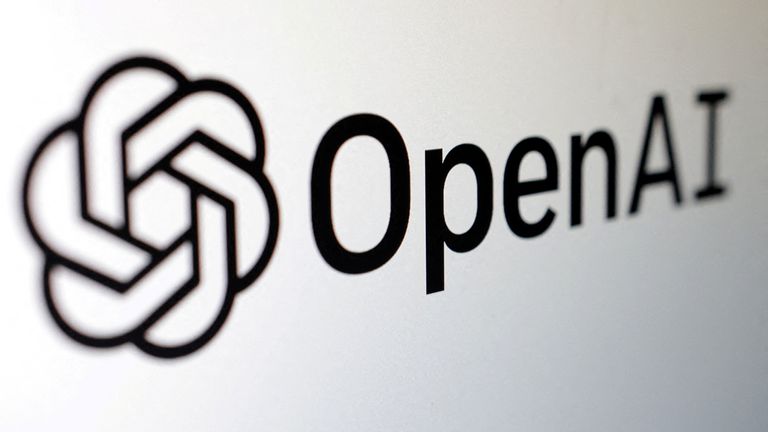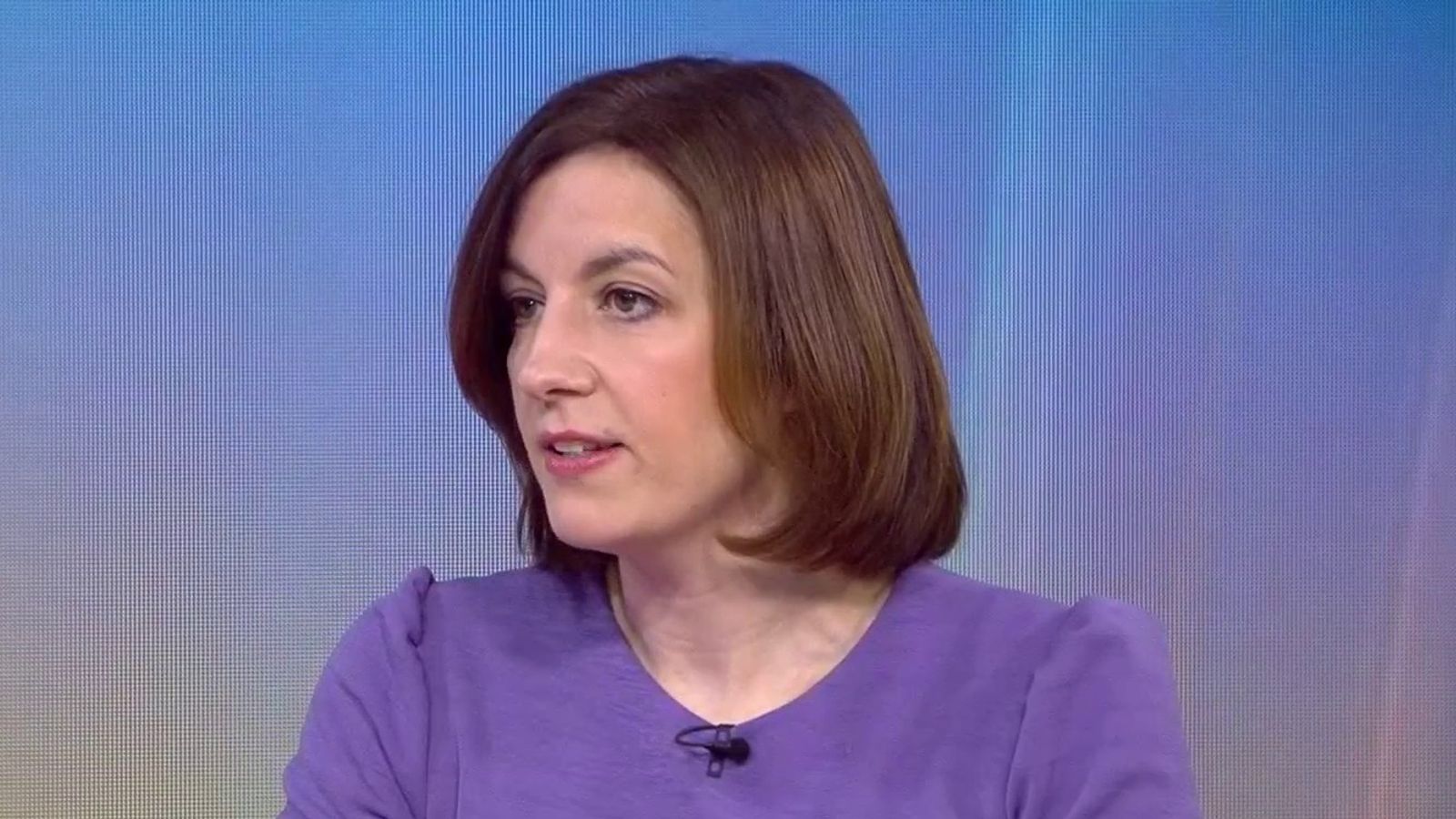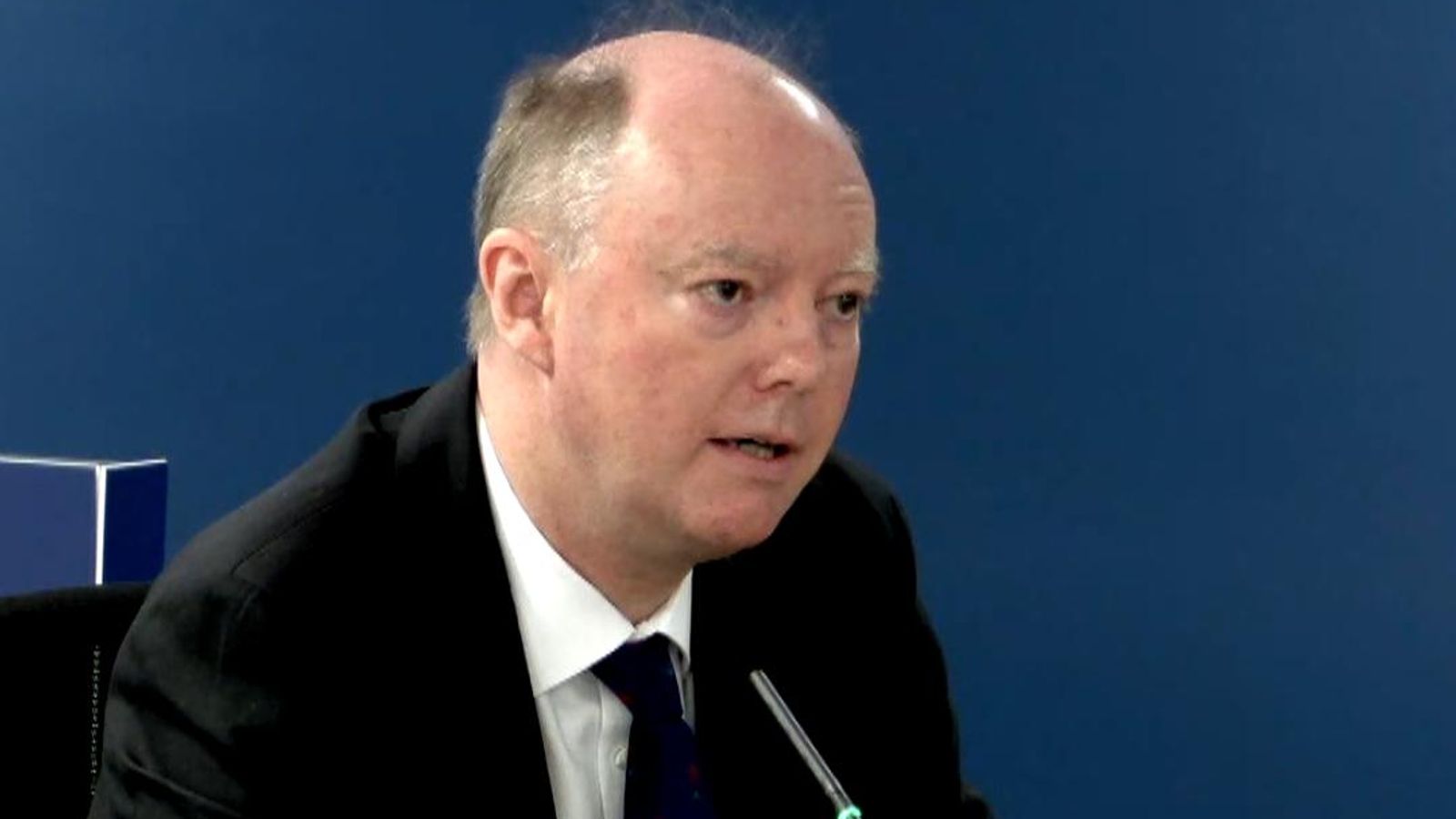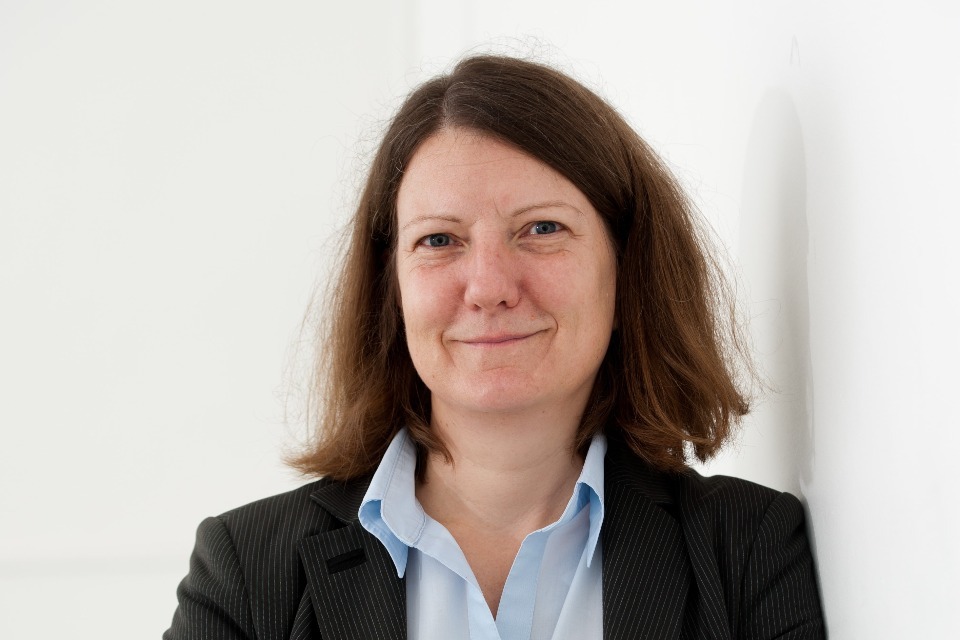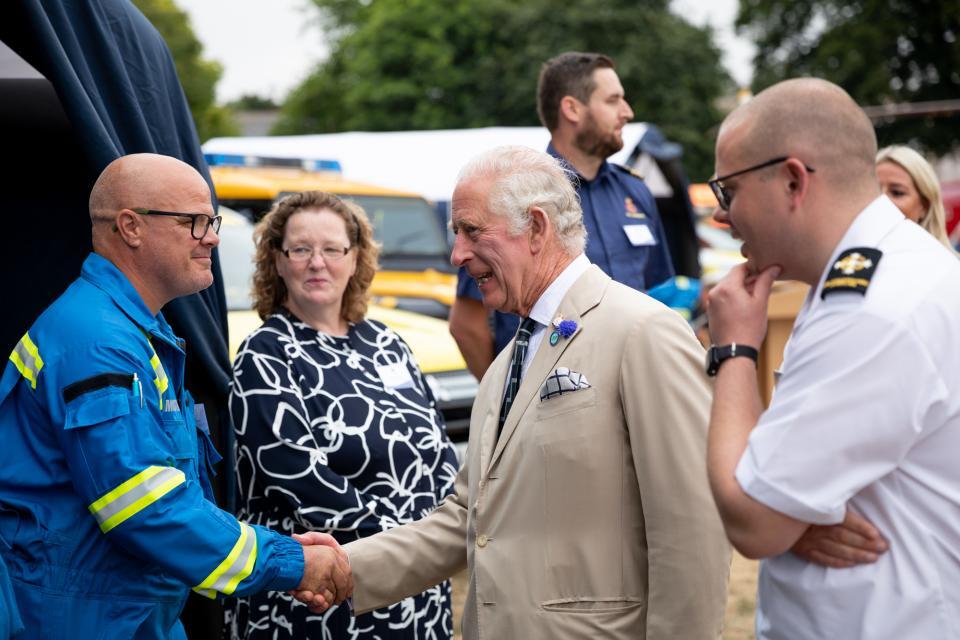AI could have as big an impact on jobs as industrial revolution, Sir Patrick Vallance warns | Politics News
Artificial intelligence (AI) could have as big an impact on jobs as the industrial revolution, according to Sir Patrick Vallance.
The former government chief scientific adviser said that while the technology can bring benefits within industries such as medicine, the wider impact on society is that some people many need to be retrained for other roles.
It comes after the man widely seen as the godfather of AI, Geoffrey Hinton, quit his job at Google and said some of the dangers of AI chatbots were “quite scary”.
Sir Patrick said experts in the field had been left “surprised” by AI doing things it was never expected to do, and that was “a very important development”.
Speaking to MPs on the science committee to mark the end of his term as chief adviser, he said there were three areas of society where AI had the potential to inflict harm.
“The first is, with the large models and the potential, how do you determine what’s true and what’s not? As you can get replication of all sorts of things.
“And the second is there will be a big impact on jobs. And that impact could be as big as the industrial revolution was.”
He said the third concern was “what happens with these things when they start to do things you really didn’t expect and what are the risks associated with that?”
Commenting further on the employment aspect, he said that during the industrial revolution, “the initial effect was actually a decrease in economic output as people sort of realigned in terms of what jobs were, and then a benefit”.
He said the government needed to “get ahead of that” happening again as AI advances, by thinking of the sectors that will be most affected and drawing up a plan “to retrain and give people their time back to do [their jobs] differently”.
“There will be jobs that can be done by AI, which can either mean lots of people don’t have a job, or it can mean actually lots of people have a job that only humans can do.
“And in the area I know most about in this – in medicine – that could be that you actually get more time with your doctor rather than being pressurised. So that could be a good outcome.”
Sir Patrick went on to stress that not all of AI was a “risk”.
“It’s already doing amazing things in terms of being able to do medical imaging better,” he said.
“It will make life easier in all sorts of aspects of everyday work, in the legal profession, in all sorts of other areas as well.
“This is going to be incredibly important and beneficial. So that’s the starting point.”
Asked about views that there should be a pause in the development of AI, Sir Patrick said “unilaterally falling behind” other countries “doesn’t seem to me to be a very sensible approach”.
Read More:
Powerful AI systems ‘can’t be controlled’ and ‘are causing harm’, says UK expert
Scientists use AI and underwater microphones to detect tsunamis and earthquakes
ChatGPT will make marking coursework ‘virtually impossible’
Sir Patrick also used the session to advocate for the UK to re-join the EU’s Horizon programme, saying not doing so would be a “mistake”.
Some 15 Nobel laureates have written to the prime minister after reports that Mr Sunak was keen on an alternative UK-led research programme – Pioneer – put together by ministers, known as “Plan B”.
Sir Patrick said Horizon took a decade to get going “so the idea that you can instantly set up something equivalent… is, I think, flawed.”
He said the UK had “been a magnet for that talent that comes through Horizon”, adding : “I think we would be causing ourselves a problem not to continue to be part of it.”
